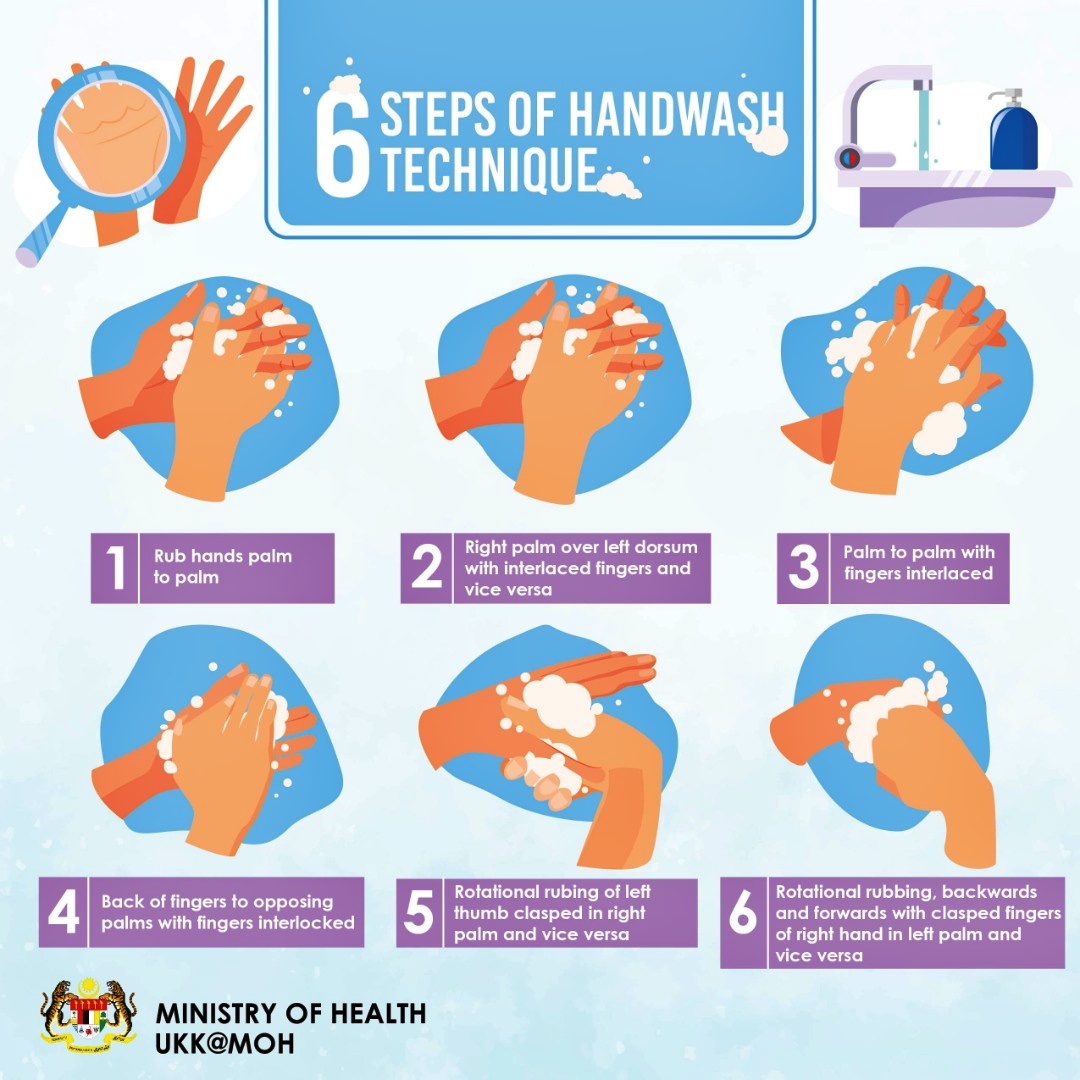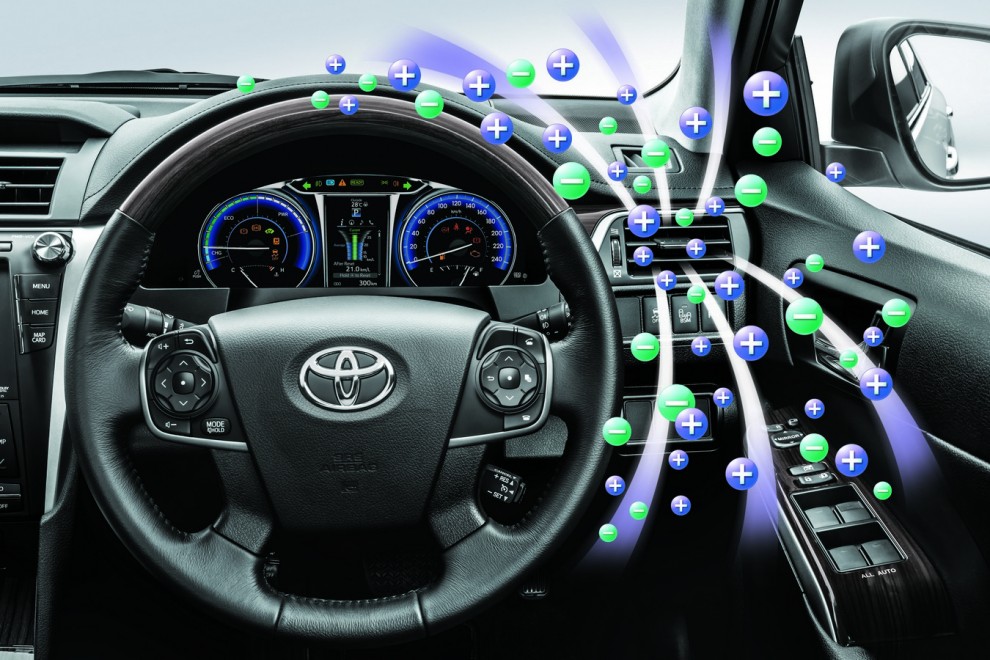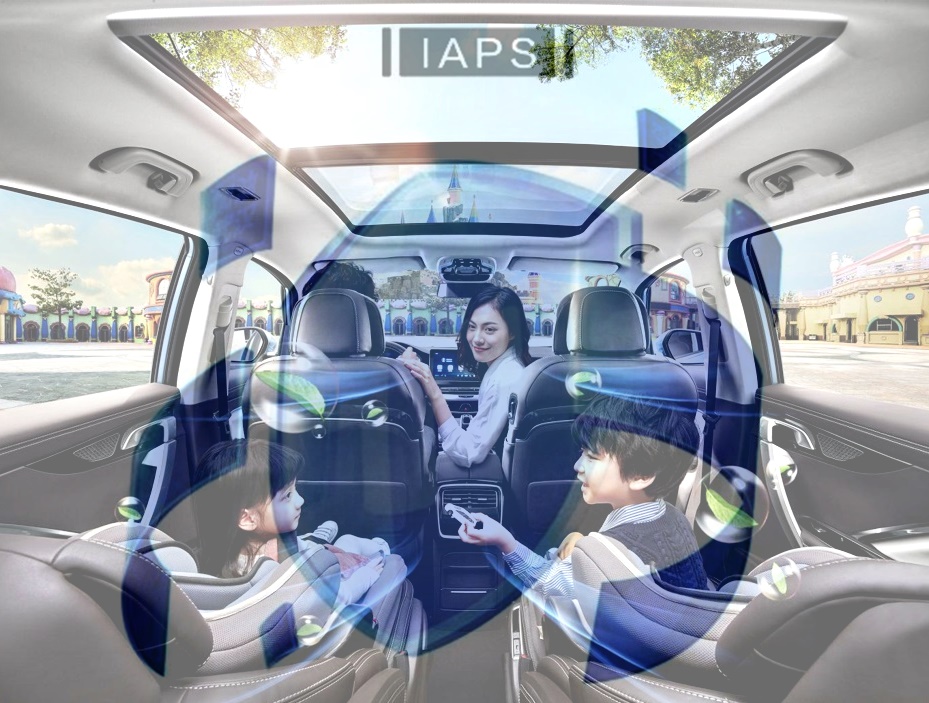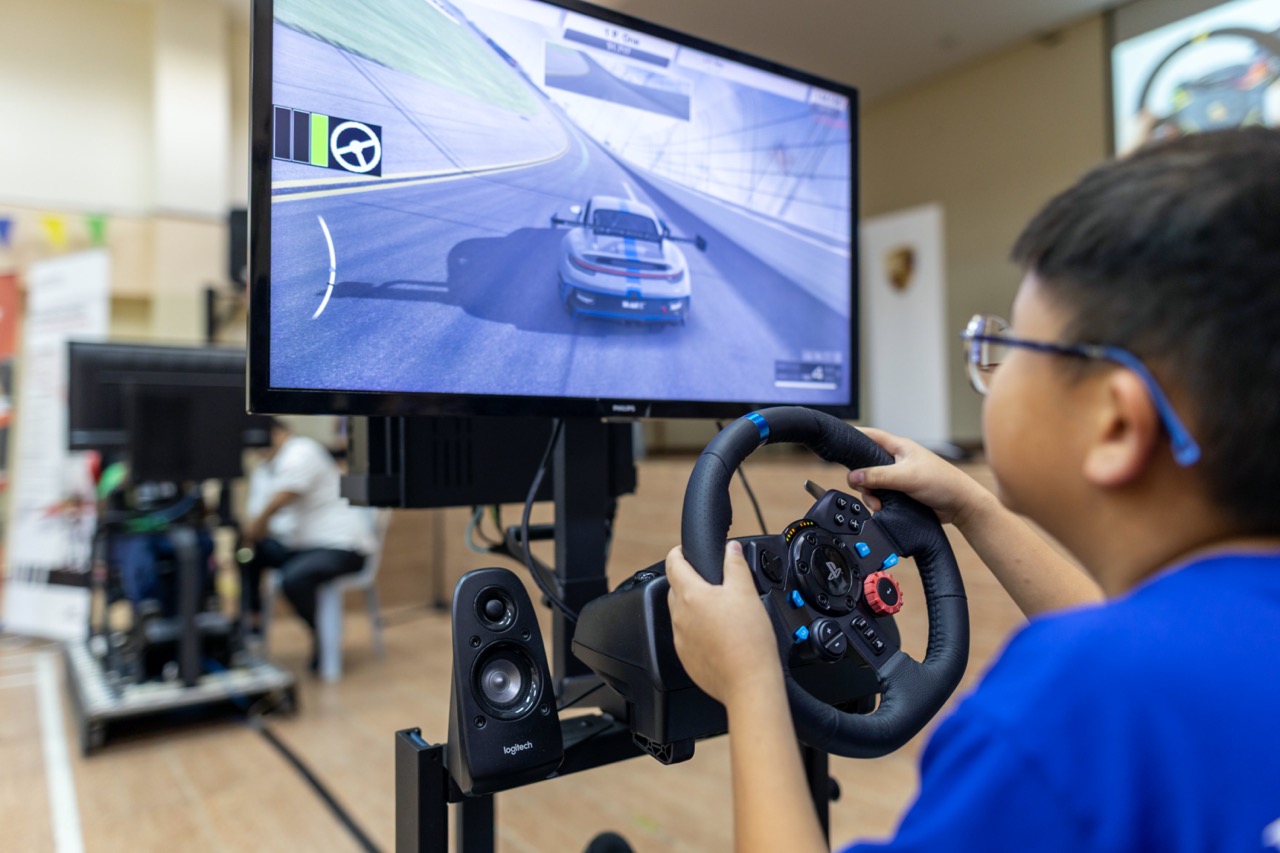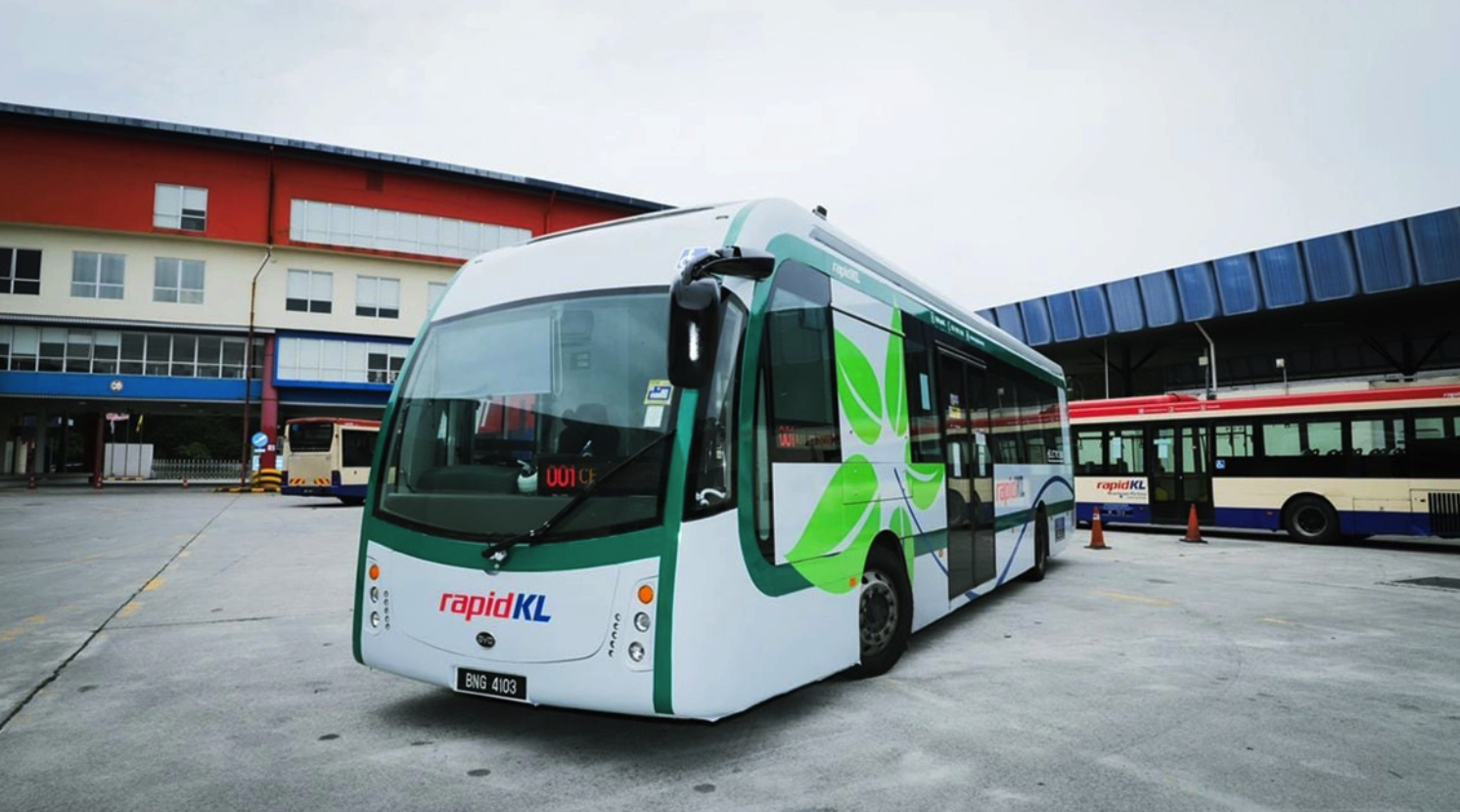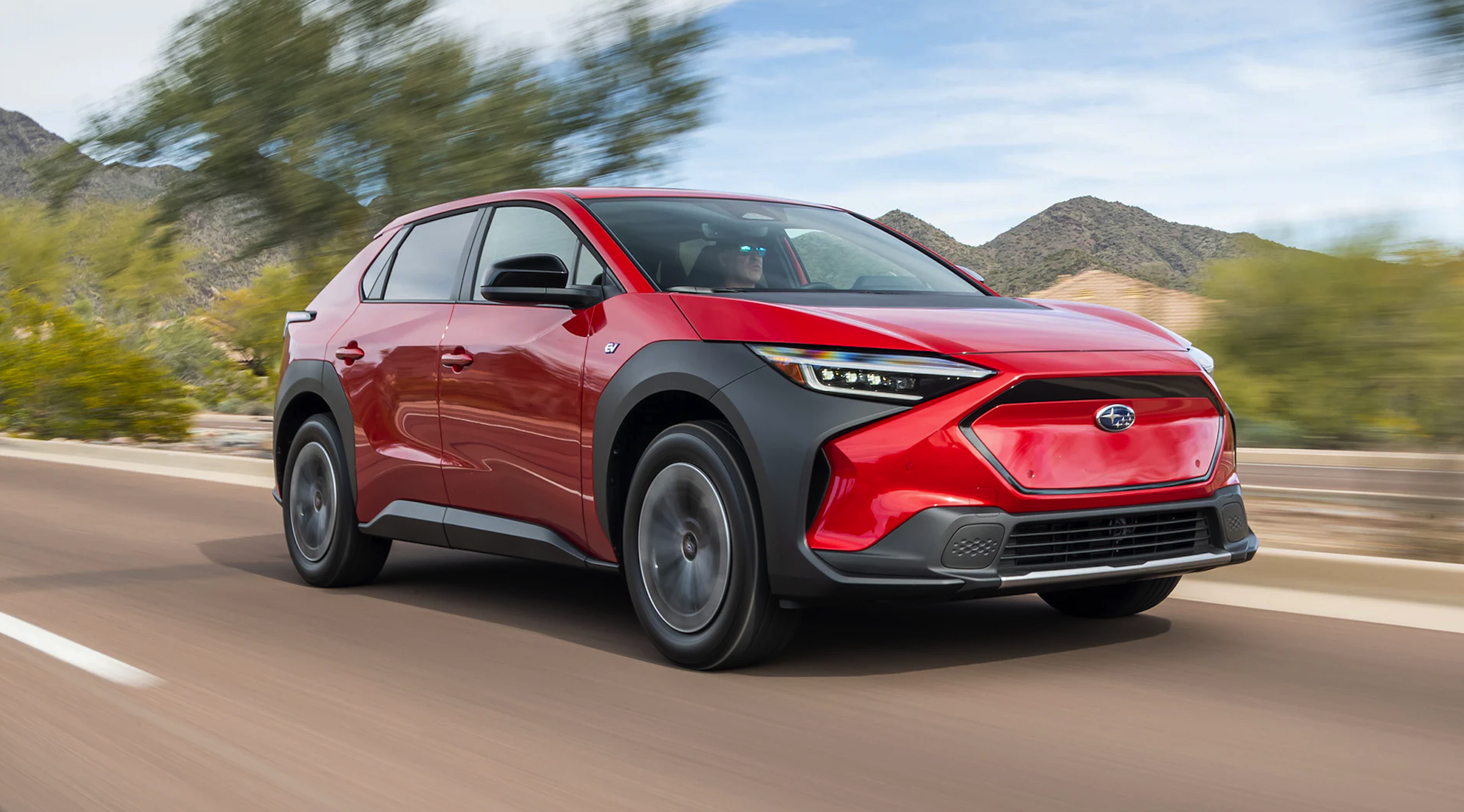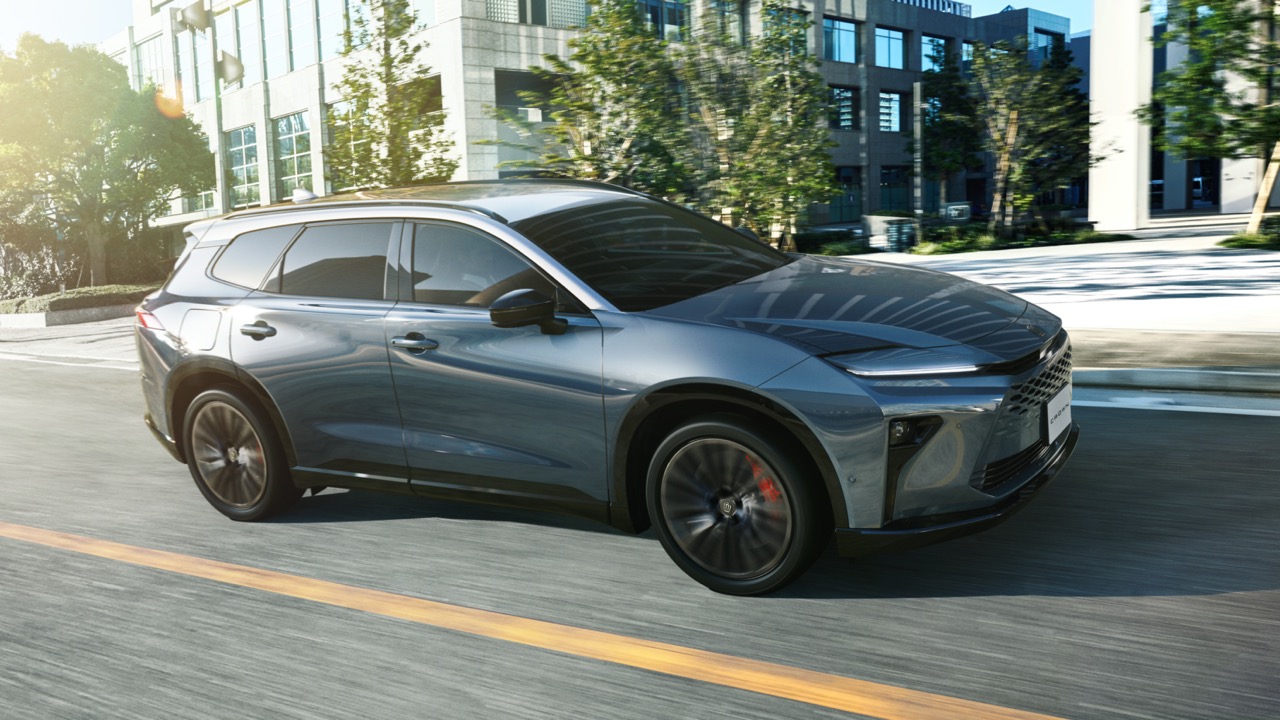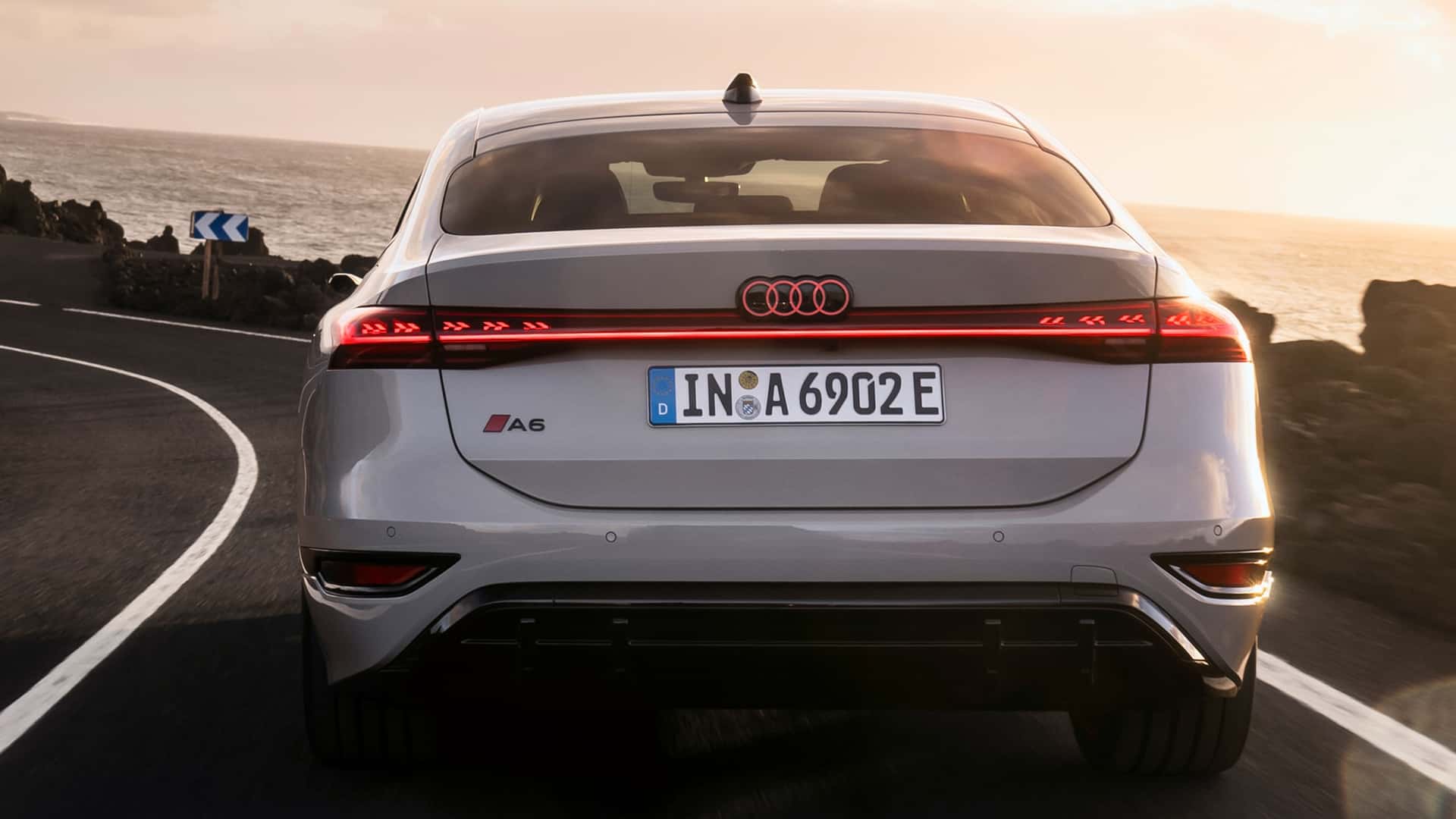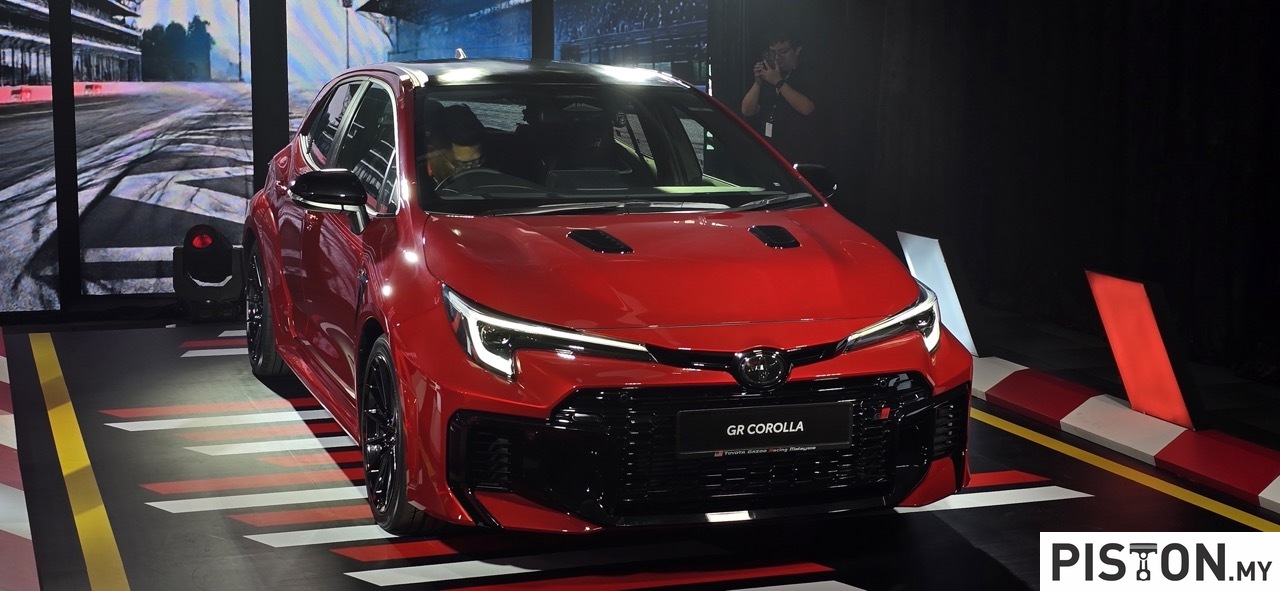NOTE: This article was published in February 2020 before the COVID-19 epidemic became a pandemic and before the Malaysian government issued the Movement Control Order on March 18, 2020.
COVID-19, the coronavirus disease which began in December in Wuhan, China, is now spread all over the world. Malaysia, which took the necessary measures of surveillance and quarantine quite early, has fortunately not experienced a rapid increase in cases.
While our daily life can still continue without restrictions – unlike some places where there are lockdowns limiting movement – there is still a need to be mindful of the situation and take precautions to protect ourselves, our families and our friends. There are worrying projections of how the virus will eventually infect millions around the world but these are just projections. No one can know for sure what’s going to happen and more important right now is action which can be taken to reduce the transmission of COVID-19.

Some facts about viruses
As our website is motor-related, we’ll talk about actions by motorists that can help. But before we get into that, let’s first understand what the known dangers are. To start with, the virus is transmitted like the flu which we have lived with all our lives. With flu, vaccines have been developed to treat those infected (but many still die every year) and hopefully, a vaccine will quickly be found to fight and prevent COVID-19.
The virus is spread mainly from person-to-person, either through close contact (within about 2 metres or 6 feet) or through respiratory droplets produced when an infected person coughs or sneezes. These droplets can land in the mouths or noses of people who are nearby or possibly be inhaled into the lungs. At this time, leading medical authorities say there is still not enough strong evidence to support concerns that it is airborne (as in floating around) as well.
It is also possible to be infected from touching a surface or object that may have been in contact with a person having the virus. Droplets containing the germs may have transferred onto things like door handles, buttons, computer keyboards or even eating utensils. You won’t get sick right away but when your hands or fingers touch your mouth, nose, or possibly the eyes, the germs your hands picked up could be transferred. You may not realise it but you probably touch your face often and that is the reason why health authorities strongly recommend frequent washing of hands with soap and water (for at least 20 seconds). You can also use a hand sanitizer that requires no water but can still provide a degree of disinfection on your hands.
The virus can stay alive and dangerous for some time; early evidence suggested that it could be up to 9 days. Research is still ongoing to determine if higher temperatures will kill it but recent reports also express concerns about its ability to survive longer than 9 days. There’s still a lot that is not known about COVID-19 but almost every day, new findings are made as scientists race to understand it.
What you can do
Okay, now that you have an idea of how the ‘enemy’ operates, how do you protect yourself inside the car? The first thing would be to keep areas that are usually touched clean and this does not mean just wiping them with a wet cloth but using liquids or tissues with antiseptic properties. It’s a simple process to just wipe door handles, window winders (if your car still has them), switches, buttons, steering wheel, and even surfaces like the dashboard.
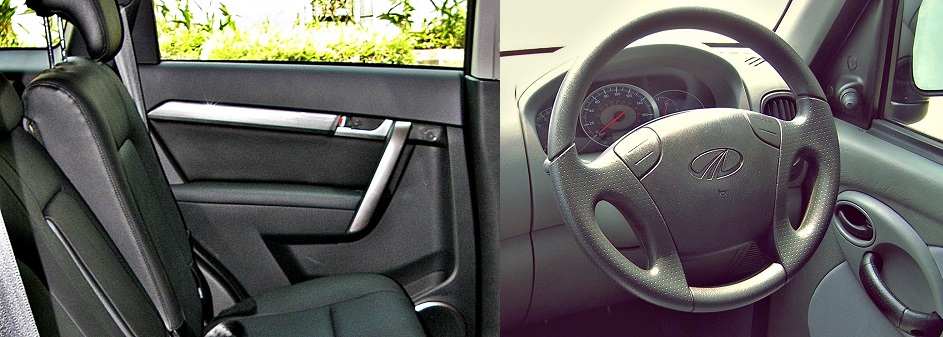
Actually, such cleaning practices are good hygiene anyway as there have always been germs everywhere. Only thing is, this time, one of the germs is very dangerous so a more conscious effort is needed to keep the cabin areas clean. Carmakers like Geely Auto are already doing R&D on materials that could help in this area.
Keeping the air clean
The air-conditioning system blows cool air into the cabin and unless it has a very effective filter, the air is likely to also contain germs. This is inevitable as over time, dust collects inside the vents and ducts, bringing with it germs. Again, you’ve lived with this condition but now things are more serious, especially as the recirculating system can pick up germs inside the cabin as well.
Dead bacteria in the system is one of the reasons you sometimes get a bad smell. Mould, mildew, fungi and micro-organisms grow as a result of the damp conditions in the system, allowing bacteria to also collect, grow and die.
For this reason, some manufacturers have air purifying systems incorporated in the ventilation systems of their cars. These were originally meant to protect the occupants from pollen but Toyota found that installing a nanoe generator could also inhibit the growth of allergens, bacteria and viruses in the air, besides enhancing air quality. It provided this feature (developed by Panasonic) in the Camry some 8 years ago and also offers it in some other models.
More recently, as an urgent response to the COVID-19 epidemic, Geely Auto completed development of the G-Clean Intelligent Air Purification System (IAPS) which automatically filters out harmful particulates – including airborne viruses – from the vehicle’s internal air environment. The carmaker says that the filtration is of the same level as an N95 respiration system. The ‘N95’ designation means that at least 95% of very small (0.3 micron) particles used in testing can be blocked.
Related story: Geely Auto develops car virus-filtering system within 20 days
Ionizers can deactivate viruses
If you don’t own a Toyota Camry or a Geely model (Protons don’t have the IAPS yet), you can still install an ionizer which generates negative ions into the cabin air to keep it fresh and are known to deactivate (not kill) airborne bacteria and viruses so they cannot infect. Companies like Panasonic, Sharp, Philips and Blaupunkt make small units that can slot into the cupholders between the seats and are powered from the cigarette lighter or USB ports.
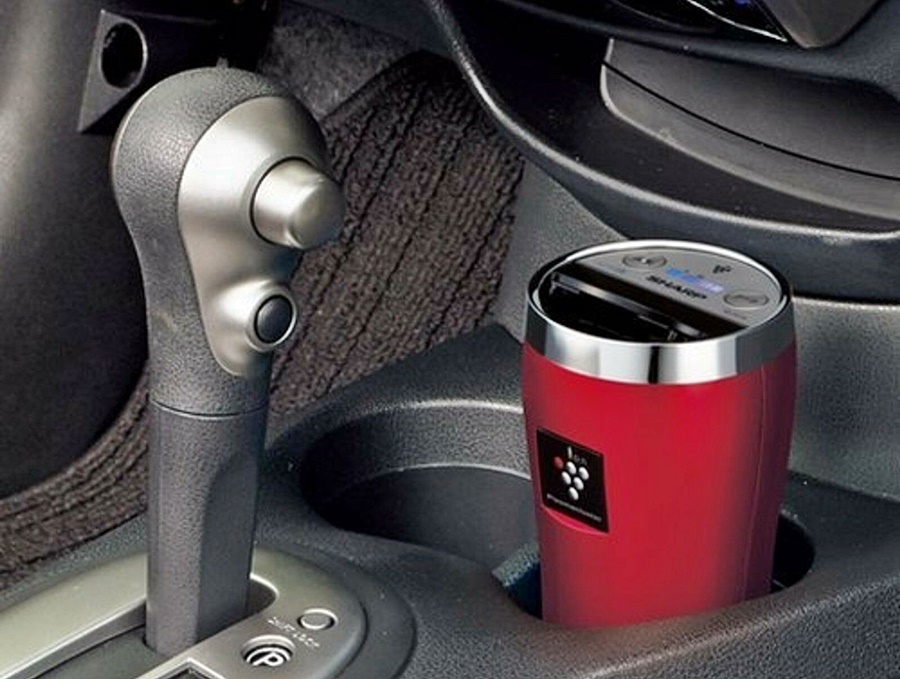
A word of warning: as such devices electrically charge air molecules inside their casings, they could cause interference with remote control devices so don’t place your keyless entry fob near them.
Periodically disinfecting the cabin is also a good idea and you can use disinfectant sprays for this. Most are okay for such a purpose but do read the warning notes before using. You’re not going to have 100% coverage but it is still helpful. Who knows – the spray may kill that one tiny virus droplet on the steering wheel and save you from getting infected.
This article is presented for information as we believe that it is better to be ‘safe rather than sorry’. For the latest official updates on the COVID-19 situation, visit the website of the Malaysian Ministry of Health (KKM).






